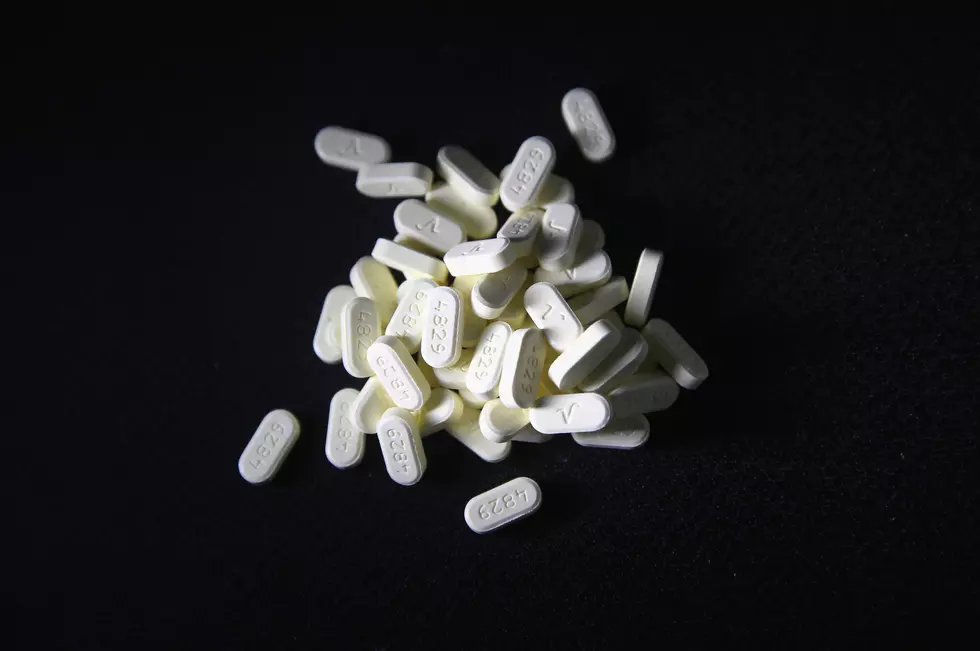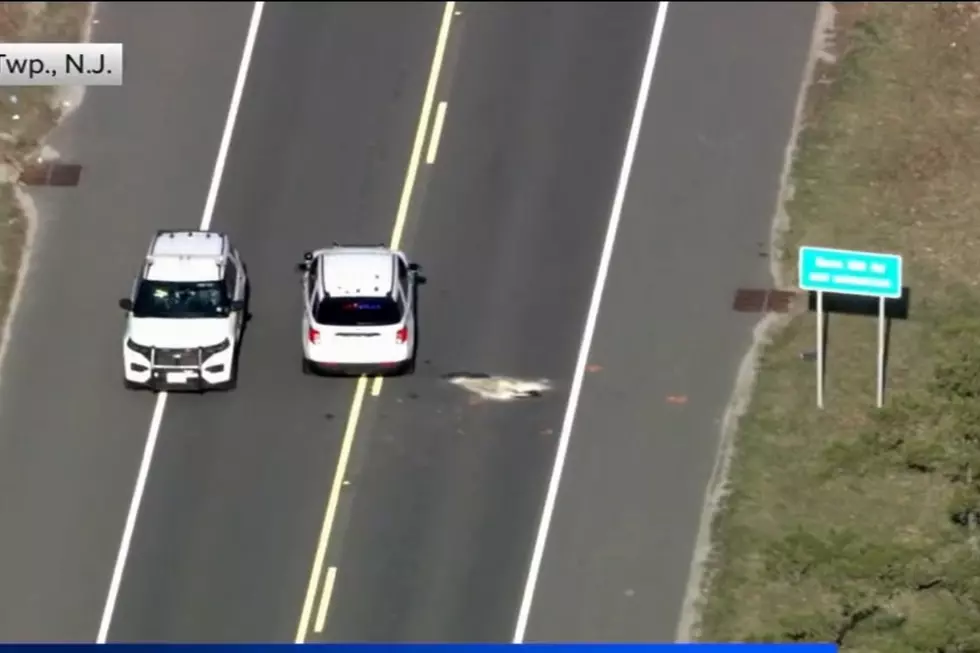
NJ Suspends Psychiatrist Who Gave 2 Patients Tens of Thousands of Pain Pills
EVESHAM— A South Jersey doctor who authorities say grossly overprescribed opioids to two patients has had his license suspended and has been ordered to stop prescribing medications.
Attorney General Christopher S. Porrino said Dr. Joel B. Glass, of the Marlton section of the township, prescribed "tens of thousands of dosage units" to patients while not following the mandatory Prescription Monitoring Program (PMP) as part of the prescribing process.
Porrino said Glass is the first for a doctor after the rules for the PMP were put into effect in November. Under the law, doctors are required to check the database on a quarterly basis for patients they prescribe the schedule II narcotics for acute or chronic pain.
The new rules are part of a push by Gov. Chris Christie's administration to combat the heroin and opioid addiction epidemic, which has been claiming hundreds of lives in New Jersey every year. One of the new rules implemented this year includes limiting pain pill prescriptions for new patients to a five-day supply — a change that has been challenged by some doctors as being costly for their practices or patients.
Earlier this month, Porrino met with more than 250 doctors at an event to discuss the new rules. At the event, Division of Consumer Affairs Director Steve Lee said the state was investigating "a number" of doctors who were not registered with the PMP but were still prescribing pain medication.
In one of the cases involving Glass, Porrino said Wednesday that the doctor prescribed drugs like oxycodone and diazepam over the course of several years. Some of the prescriptions were filled in Vermont, and Porrino said Glass continued to write the prescriptions despite some being flagged as "excessive or inappropriate."
"The patient could not have taken all the drugs allegedly prescribed to him by this doctor and survived," Porrino said. "Our message to these doctors is clear, if you are not checking the PMP database, as required by the new law, we will take swift and punitive action against you."
In 2013 alone Porrino said Glass prescribed the patient more than 7,500 units of 30-milligram oxycodone despite the patient's records not indicating they had received any physical examinations. Porrino also noted a lack of notes written by Glass on the treatment of the patient.
In the second case Porrino said Glass prescribed "dramatically high quantities" of oxycodone for a 43-year-old woman who did not have any documented testing done beforehand. The treatment was described as having a "dearth of evidence supporting these prescriptions."
Glass was ordered to surrender his license and his Drug Enforcement Administration and New Jersey Controlled Dangerous Substances registrations. He also was required to notify the Drug Enforcement Agency of the order within 30 days and prove he had notified the agency.
The investigation was conducted by the Division of Consumer Affairs' Enforcement Bureau. Deputy Attorney General Kate J. Calendar of the Professional Boards Prosecution Section represented the state in the case.
More From WPG Talk Radio 95.5 FM










